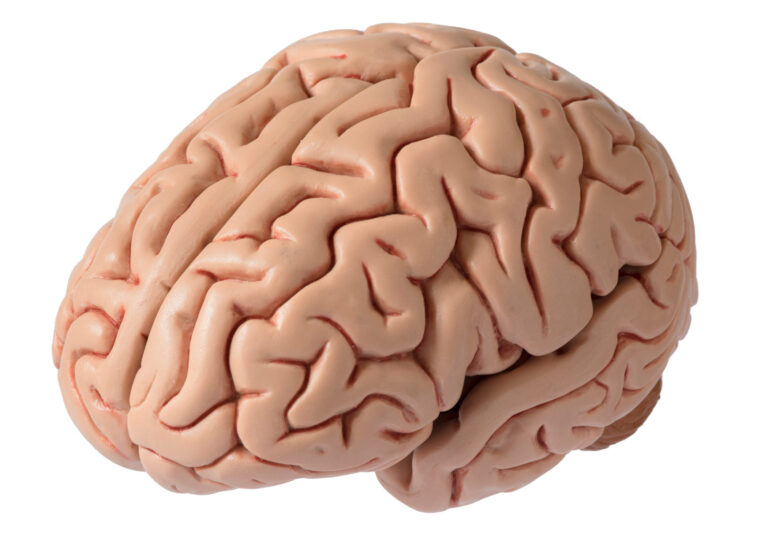Dementia is a term used to describe a decline in cognitive function, such as memory loss and difficulty with problem-solving, that impacts a person’s daily life. This condition affects around 50 million people worldwide, and its prevalence is expected to triple by 2050. While dementia can affect people of all races and ethnicities, research has shown that minority communities face unique challenges when it comes to diagnosing and treating this condition.
Minority communities, including African American, Hispanic, and Asian populations, have a higher risk of developing dementia compared to their white counterparts. According to the Alzheimer’s Association, African Americans are twice as likely to develop Alzheimer’s disease, the most common form of dementia, than whites. Hispanics are also 1.5 times more likely than non-Hispanic whites to develop Alzheimer’s disease or other dementias. These disparities in dementia prevalence can be attributed to various factors, including genetics, lifestyle, and access to healthcare.
One significant challenge in diagnosing dementia within minority communities is the lack of awareness and understanding about this condition. In many cultures, dementia is seen as a normal part of aging and is not often discussed or recognized as a medical condition. As a result, many people may not seek medical help until their symptoms become severe, making it challenging to diagnose and treat the condition at an early stage.
Language barriers can also contribute to the challenges of diagnosing dementia in minority communities. Many healthcare providers may not speak the same language as their patients, making it difficult to communicate effectively about symptoms and concerns. This can lead to miscommunications and misunderstandings, resulting in delayed or inaccurate diagnoses. Additionally, cultural differences in expressing and interpreting symptoms can make it challenging for healthcare providers to recognize and diagnose dementia accurately.
Another barrier to diagnosing dementia in minority communities is the lack of access to quality healthcare. Many minority communities are underserved when it comes to healthcare resources, including access to doctors, diagnostic tests, and specialized care. This can result in delayed or missed diagnoses, as well as inadequate management of dementia symptoms. Without proper healthcare, individuals with dementia may not receive the necessary support and treatment to manage their condition effectively.
In addition to these challenges, there is also a lack of representation and diversity in dementia research. Most studies on dementia have focused on white populations, and there is a lack of data and understanding of how this condition affects minority communities differently. This can lead to misdiagnosis or underdiagnosis of dementia in these communities, as symptoms and risk factors may present differently.
So, what can be done to address these challenges and improve the diagnosis of dementia in minority communities?
One crucial step is to increase awareness and education about dementia within these communities. This can involve providing culturally sensitive information about the condition and its symptoms, as well as promoting the importance of seeking medical help for memory problems. Healthcare providers also play a vital role in educating their patients about dementia and addressing any cultural biases or misunderstandings that may impact the diagnosis process.
Additionally, there needs to be a focus on improving access to quality healthcare for minority communities. This can involve increasing funding for healthcare resources in underserved areas, as well as providing linguistic and cultural training for healthcare providers to better serve diverse populations. It is also essential to increase diversity in dementia research to gain a better understanding of how this condition affects different communities.
Moreover, community involvement and support are crucial in improving the diagnosis of dementia in minority communities. This can involve partnering with local organizations and leaders to raise awareness and promote access to healthcare resources. Support groups and programs specifically tailored for minority communities can also provide valuable support and information for individuals living with dementia.
In conclusion, diagnosing dementia in minority communities presents many challenges due to factors such as lack of awareness, language barriers, limited access to healthcare, and underrepresentation in research. Addressing these challenges requires a multifaceted approach that involves education, improved healthcare access, and community involvement. By working together to overcome these obstacles, we can improve the diagnosis and treatment of dementia within minority communities and provide much-needed support for individuals and their families.




